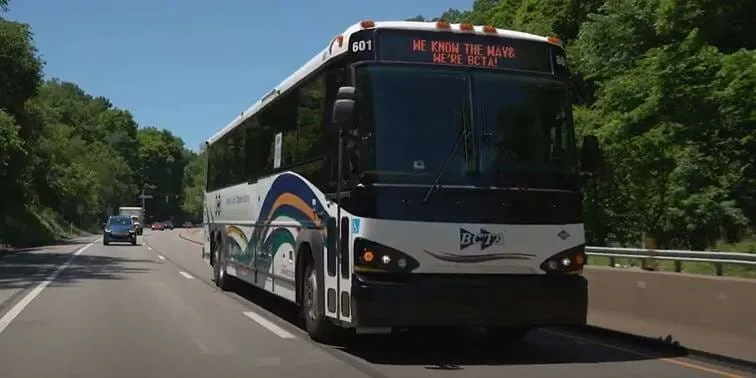Among the authorities are
ABC is looking into buying up to 100 full-sized autonomous buses that will run at normal speeds along designated urban routes. Meanwhile, AECOM will provide planning, assessment, implementation and evaluation of the services for the consortium members.
The plan calls for a 12-month feasibility study followed by buses rolling out onto roads between 2021 and 2022. Each agency will make their own decisions regarding future additional automated bus purchases and deployment following the completion of the feasibility phase.
AECOM said it will host a forum in Detroit, Michigan, in September for ABC members to meet technology companies and bus manufacturers to discuss the development of programme specifications. Buses are expected to roll out onto the members’ streets within two years.
AECOM sets up Automated Bus Consortium
AECOM has brought together around a dozen local US transit agencies to form the Automated Bus Consortium to explore driverless bus pilot programmes.
Among the authorities are Dallas Area Rapid Transit, Los Angeles County Metropolitan Transportation Authority and the Metropolitan Atlanta Rapid Transit Authority.
ABC is looking into buying up to 100 full-sized autonomous buses that will run at normal speeds along designated urban routes. Meanwhile, AECOM will provide planning, assessment, implementation and
June 10, 2019
Read time: 2 mins








